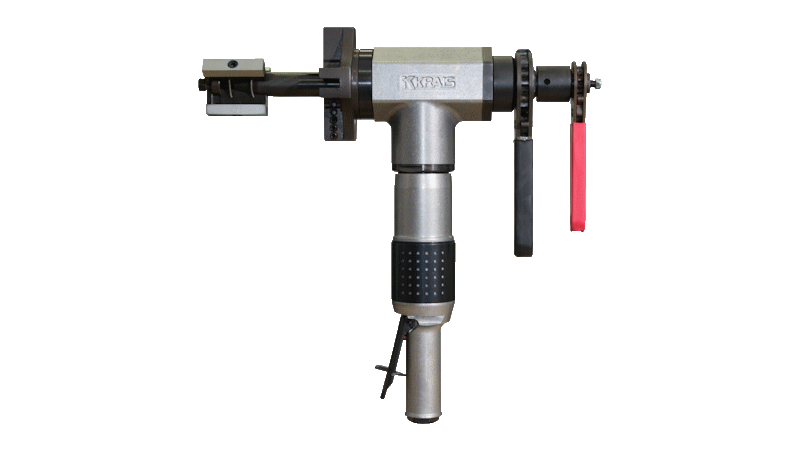Manufacturers of stainless steel products in Thailand want the government to revise recently adopted the anti-dumping measures, claiming the duties would put their business in jeopardy. The anti-dumping duties as currently proposed would cover several types of stainless steel that local steelmakers were still unable to produce, said Somsak Tiyapongprapan, assistant secretary of the Stainless Steel Product Manufacturers’ Club. As a result, he said, local stainless steel product makers would face significantly higher production costs and see their competitiveness decline. âWe’re committed to using locally made products if they could meet international quality standards. But since some local makers produce only substandard stainless steel, we have to depend on imports,â? Somsak said.
Currently, import duties on finished stainless steel are levied in a range from 1â10%. But once the anti-dumping duties take effect, 56 items of hot-rolled steel imported from 14 countries would face the same anti-dumping duty of 30% of CIF (cost, insurance and freight) prices. The measures will replace surcharges that have been used for the past six months. The duties, which will be in force for six months, apply to steel products from Japan, South Africa, Russia, Kazakhstan, Ukraine, India, South Korea, Taiwan, Venezuela, Argentina, Indonesia, Algeria, Slovakia and Romania. The anti-dumping measures would also apply to 47 items of cold-rolled stainless steel from Japan, the European Union, Taiwan and Korea, at different rates: 18.67% to 52.03% of CIF price for Japanese goods, 10.05% to 51.12% on EU steel, 7.77% to 60.19% on steel from Taiwan, and 51.54% on Korean steel. The measures will be in effect until 29 November.






